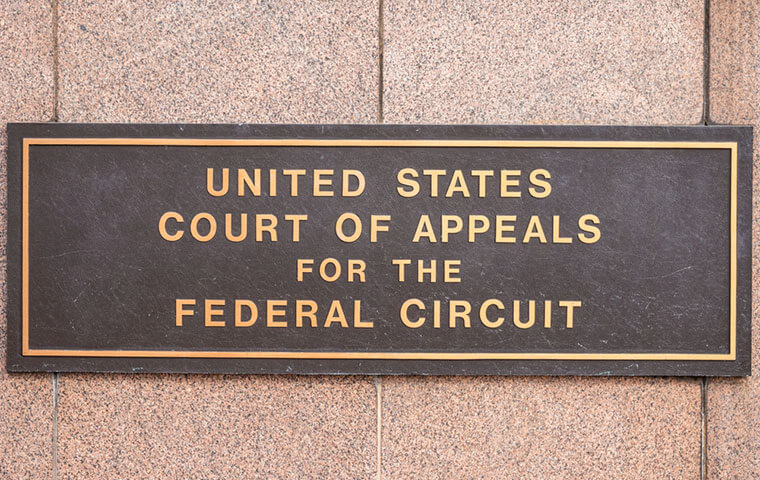 The MSPB rejected a contention that time divided among different agencies added up to a full probationary period. Image: Heidi Besen/Shutterstock.com
By: FEDweek Staff
The MSPB rejected a contention that time divided among different agencies added up to a full probationary period. Image: Heidi Besen/Shutterstock.com
By: FEDweek StaffA federal appeals court has taken a restrictive reading on what is required for federal employees to complete their probationary periods and gain full rights to challenge personnel actions against them.
Case No. 2022-1788 before the Federal Circuit appeals court involved an attorney involved with employment law who moved from one agency to another four months after initially being hired. At the second agency, according to the decision, the employee was eventually assigned different duties involving contract matters and “it soon became evident” that he did not have the necessary background the agency thought he had – so he was given a choice: resign or be fired.
He chose to resign but then appealed to the MSPB, asserting that the resignation was involuntary, but a hearing officer ruled that the MSPB lacked jurisdiction because he hadn’t completed his probationary period—rejecting his contention that his four months in the initial position should have counted toward that requirement. That ruling became final because the MSPB board lacked a quorum at the time.
The court noted that the law on probationary period speaks to “continuous service in the same or similar positions” and that for that purpose, “similar” means that the positions are essentially interchangeable.
It said that in finding the jobs not to be “similar” the hearing officer did not require exact interchangeability, noting that the first position involved litigating already-filed employment discrimination cases and the second involved advising others on potential employment disciplinary actions.
Although both were attorney-advisor positions involved with employment law, “Looking at the nature and character of the duties for each position does not mean taking a bird’s eye view. Any two positions, with enough distance, may mistakenly look similar,” the court said.
“Here, the record supports the finding that the two positions involved different duties and required different skills, fundamentally affecting the nature and character of the work,” it said.
Deferred Resignation Periods about to End for Many; Overall 12% Drop
Retirement Surge Likely as Deferred Resignation Periods End
Senate Rejects Bills to Defer Shutdown; Familiar Process Lies Just Ahead
Senate Bill Would Override Trump Orders against Unions
Report Describes Impact of Shutdown on Employees, Agencies
TSP Adds Detail to Upcoming Roth Conversion Feature
See also,
How to Handle Taxes Owed on TSP Roth Conversions? Use a Ladder
The Best Ages for Federal Employees to Retire
Best States to Retire for Federal Retirees: 2025

